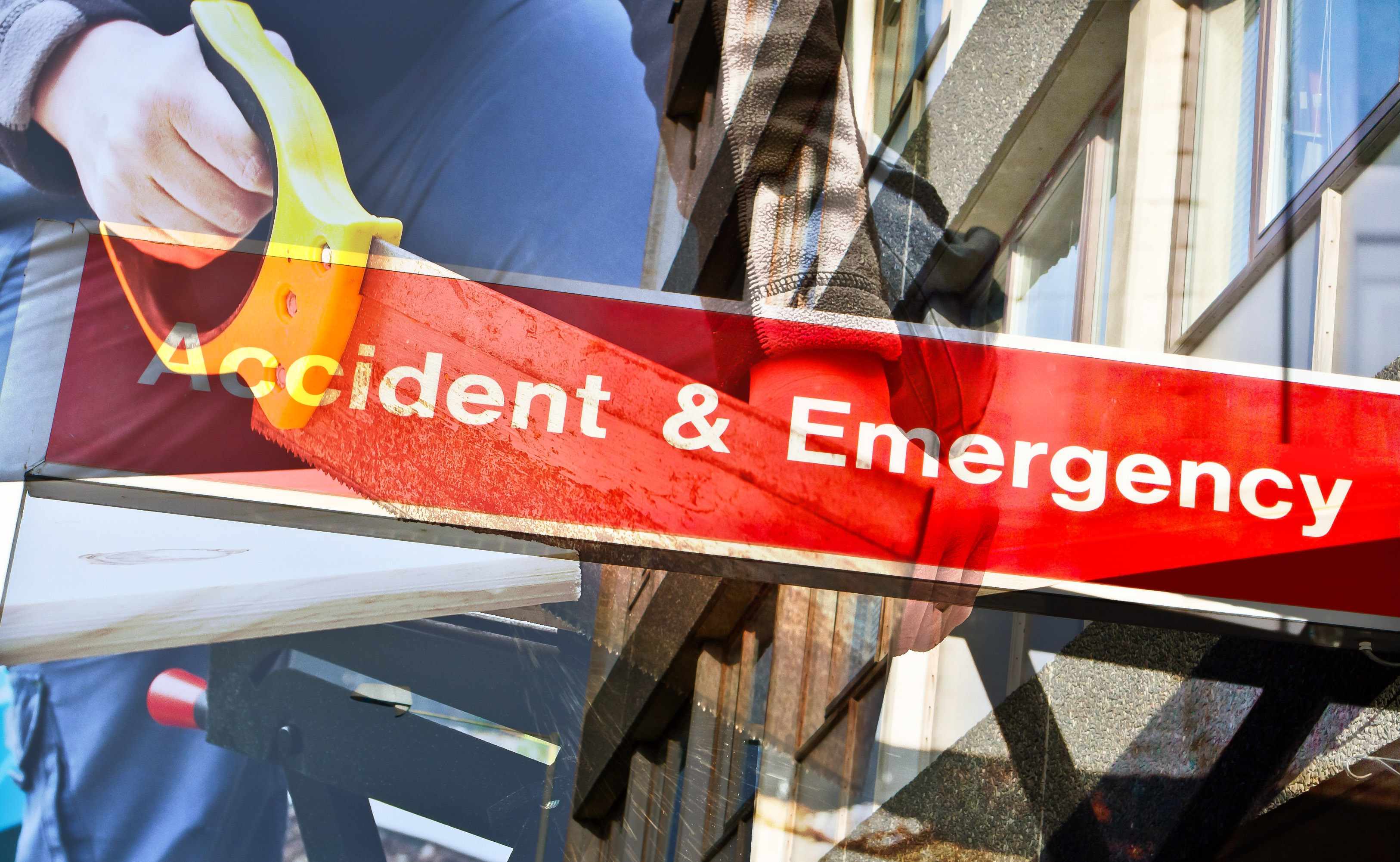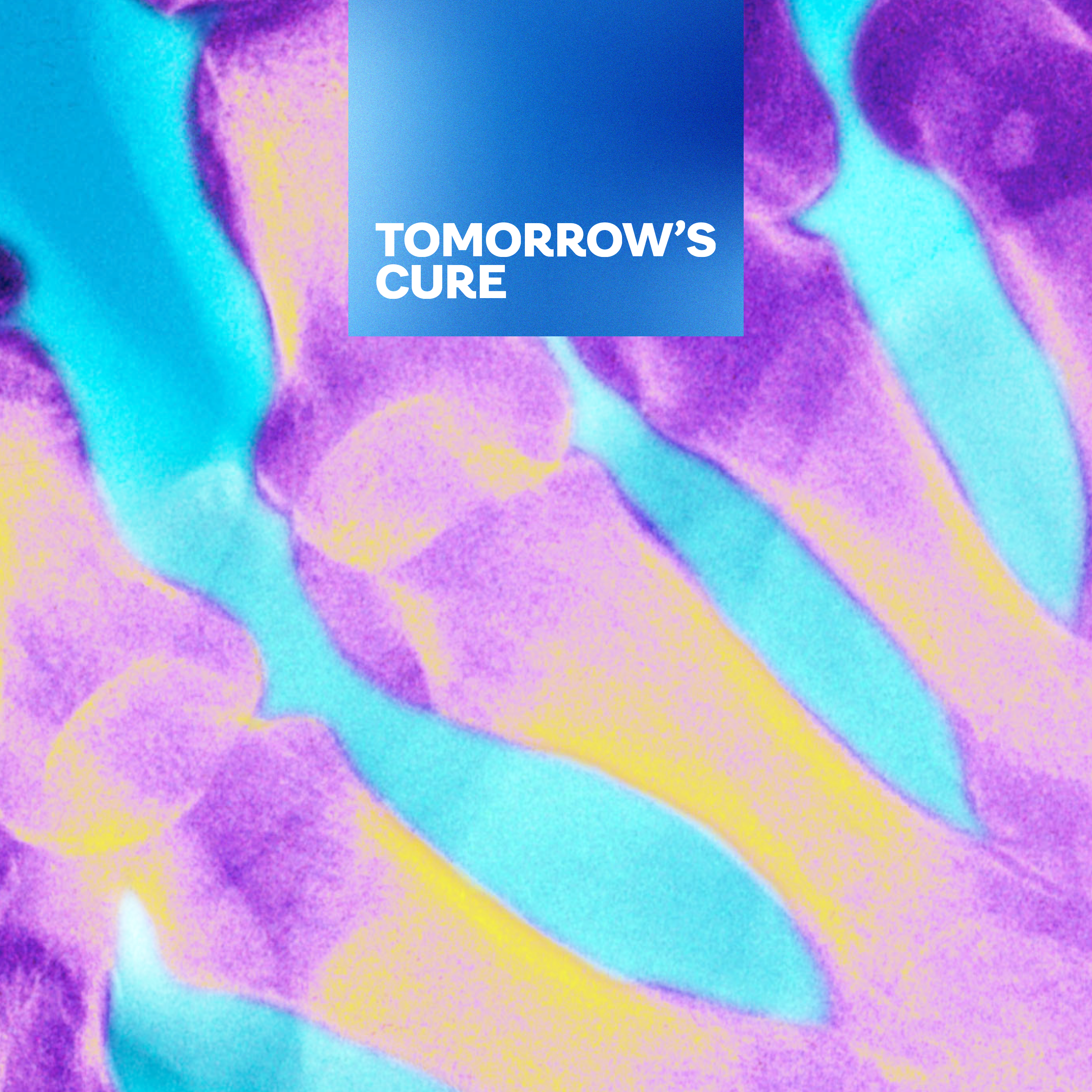For many patients, having access to Emergency Medical Services (EMS) is the difference between life and death.
In 1974, President Gerald Ford authorized a national recognition week to highlight the work of EMS, its personnel and the work they do as first responders for those needing medical attention.
National EMSWeek is May 21-27
“EMS puts their expertise and skills to work in the field to help further patient care, and they are a valuable partner,” says Dr. Sarvam TerKonda, medical director for the Center for Connected Care at Mayo Clinic’s Jacksonville, Florida campus.
Recognizing EMS as a valuable collaborator, the Center for Connected Care has actively engaged in discussions with EMS teams to identify opportunities to improve patient outcomes.
In Florida, a new project is aiming to use mobile technology to confirm a stroke diagnosis while EMS is en route to the hospital as opposed to after its arrival.
Traditionally, explains Dr. TerKonda, suspected stroke victims are transported by EMS to a stroke center for evaluation and subsequent treatment. During a stroke, about 2 million brains cells die each minute the stroke goes untreated. The more cells that die, the more devastating or severe the outcome. Timely access to treatment can mean the difference between life and death.
“Some patients may be in transport for up to 30 minutes, and that is valuable time we are losing on diagnosis and treatment, thereby affecting outcomes,” says Dr. TerKonda. “What we want to do is move that evaluation up front during transport.”
Using a mobile device with specific software, EMS can link directly to Mayo Clinic’s Comprehensive Stroke Center for staff to perform a virtual assessment of the patient and begin preparations for treatment.
In an early pilot for the project, Dr. TerKonda says the use of mobile technology saved approximately seven minutes of assessment time. “In the world of stroke, time is brain. So every minute counts to save brain cells and help patients recover.”








